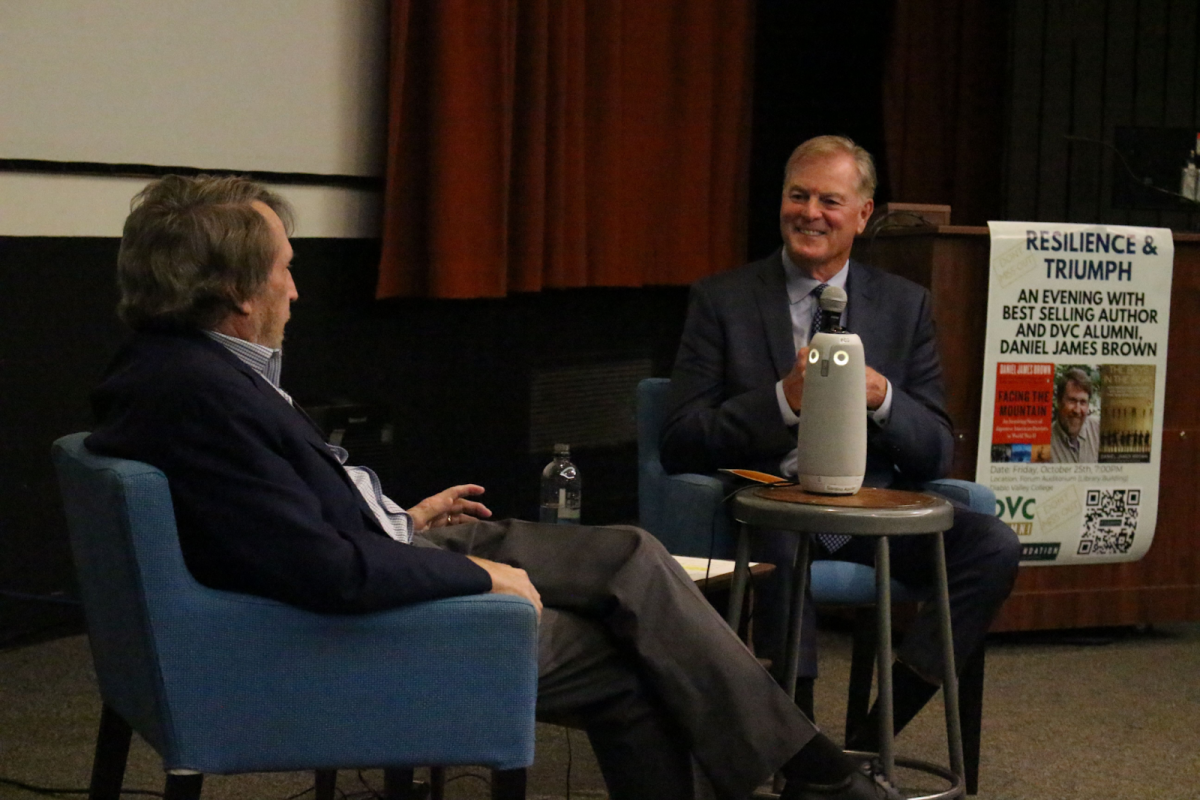DVC will receive several Automated External Defibrillators to add to the three it already has.
“The [college’s] coverage area is quite large,” said Teddy Terstegge, emergency services coordinator for the college district’s police force. “Therefore, we needed to add several more AEDs to be able to meet our goal.”
Two of DVC’s three defibrillators are located in the gym and the athletic training room, but athletic director Christine Worsley said at least one more is needed in the pool area.
Worsley said there were no defibrillators on campus when she first arrived at DVC in the fall.
“I was shocked we didn’t have them in the gym,” she said. “I was surprised it wasn’t a state requirement where there was activity.”
American Medical Response, whose company contracted with Contra Costa County to provide ambulance services, has agreed to donate the defibrillators, which can cost anywhere from $1,000 to $3,000, to Diablo Valley, Contra Costa and Los Medanos colleges.
“The goal is to have AEDs readily available on campus, such that one may be actually applied to a person in need within a minute or two,” Terstegge said.
The call for additional defibrillators comes after an El Cerrito High School student went into cardiac arrest during a basketball game, and two others died while playing, including El Sobrante Christian Academy student Joshua Ellison and 14-year-old Darius Jones from De La Salle High School, who died at a basketball camp held on the DVC campus Oct. 11.
These events prompted Ronny Turiaf, a current player for the Golden State Warriors who underwent open-heart surgery in 2005, to donate defibrillators to four Bay Area high schools, including De La Salle, El Sobrante Christian Academy, El Cerrito and Life Academy in Oakland.
American Medical Response and Contra Costa Health Services will provide free AED/CPR training to all interested DVC staff members in a morning and afternoon session April, 6 in the BFL Community Room.
Brandon Thomas, a sophomore on DVC’s men’s basketball team said he felt safer with the additional defibrillators on campus.
“You never know what might happen,” he said. “It’s important to be prepared.”
Contact Kamille Simmons-Turnquest at [email protected]












































































